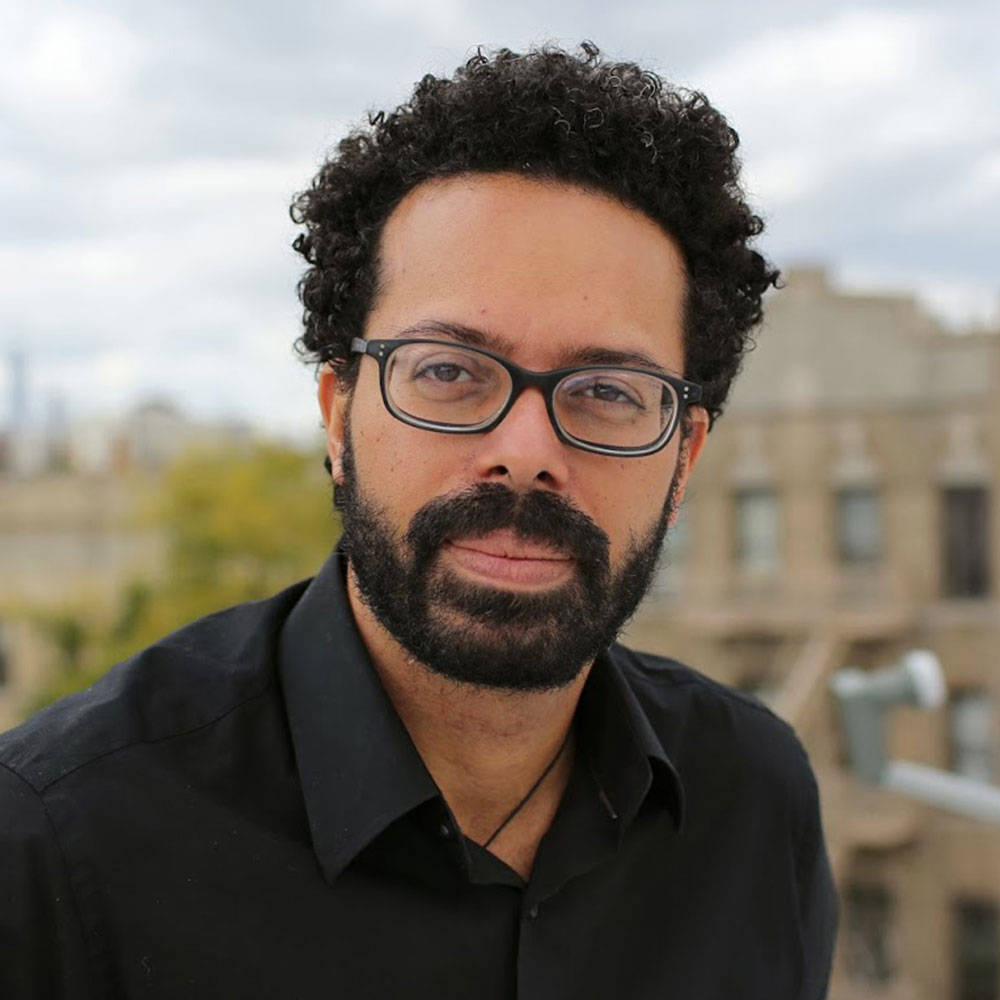Will psychedelics be reduced to an elite product that enhances status and feeds egos, as yoga and meditation have been found to do in some Western contexts?
Geoff Bathje
If you read this blog regularly, you’ve probably ascertained that we at TripOut believe the statement “capitalism is problematic” is objective truth. This article from chacruna.net attempts to synthesize the arguments against the profitization motives in the medicalization of MDMA and Psilocybin.
Image: Christ Driving the Money-changers from the Temple” by Theodoor Rombouts. Credit: http://www.kmska.be/nl/collectie/catalogus/
